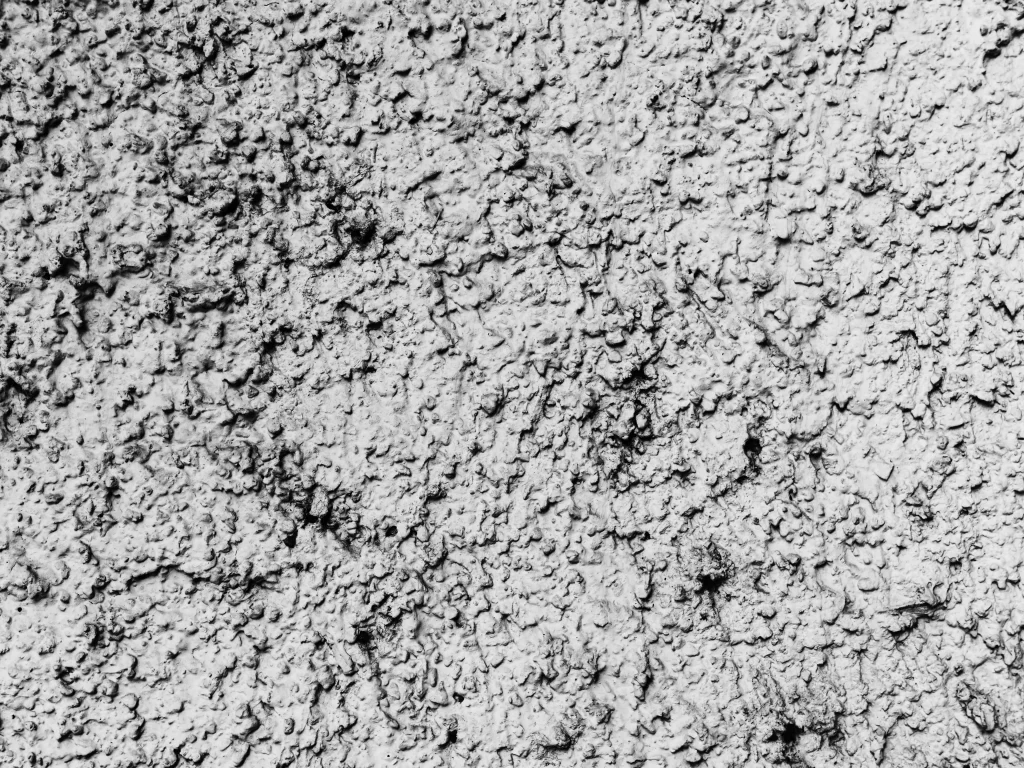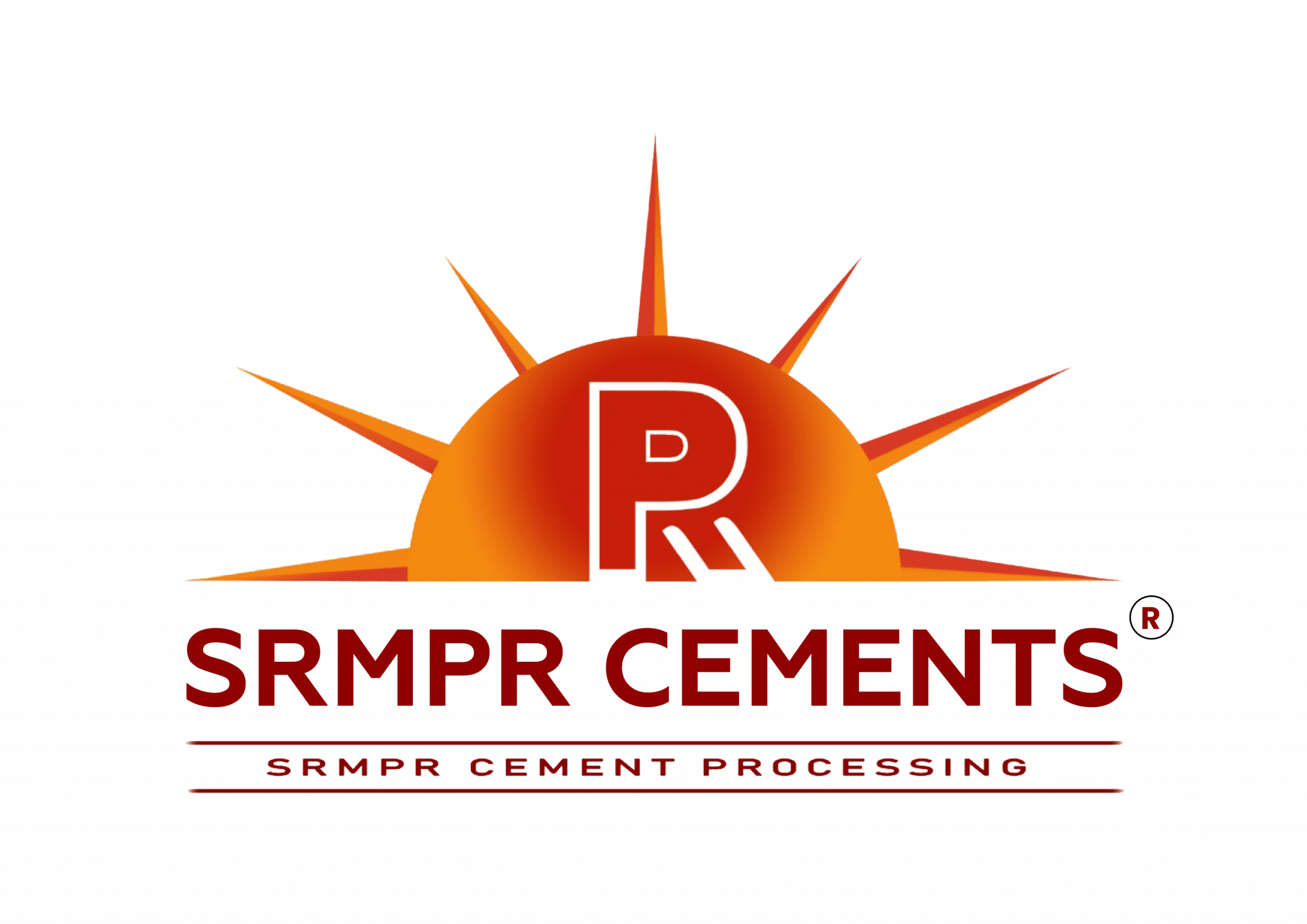Micro Concrete hailed as a versatile construction material, has garnered widespread acclaim owing to its diverse applications and myriad benefits. Whether employed in repair endeavours, rehabilitation projects, or novel construction undertakings, microconcrete is a preferred option within the construction sphere. Often interchangeably referred to as micro cement (despite subtle differentiations), this substance is swiftly gaining traction as a sought-after design element. Notably, it empowers designers to manifest a concrete aesthetic in unconventional settings, all while offering cost efficiencies compared to traditional materials.
Delve deeper to uncover five essential insights into this remarkable surfacing solution, particularly pertinent for design enthusiasts or those seeking to elevate the visual appeal of their residential or commercial spaces.
What is micro concrete?
Micro concrete is a thin cement-based coating, typically applied at 2-3mm thickness, suitable for various surfaces like tiles and wood. Offering the texture and appearance of concrete, it presents a cost-effective and lightweight alternative to authentic concrete. Particularly popular in bathrooms and kitchens, micro concrete ensures a hygienic, stain-resistant surface while boasting anti-slip and mold-resistant properties, making it ideal for both indoor and outdoor flooring.
It is often compared to micro cement, micro concrete shares similar characteristics and benefits. Notably, it offers a contemporary aesthetic while being more accessible in terms of cost and application. A notable example of its versatility is demonstrated in a design project by Design Concrete Notting Hill, where it effortlessly transforms surfaces into concrete-like finishes, exemplifying its practicality and modern appeal.
This versatile material extends beyond floors and walls, as showcased in the accompanying interior design project, where it adorns various elements such as dining room tables, further highlighting its adaptability. Additionally, the project illustrates the diverse textural finishes achievable with micro concrete, adding depth and visual interest to interior spaces.
Applications of Micro Concrete:
Structural Repairs:
Micro concrete is extensively used in structural repair projects to restore the integrity and strength of deteriorated concrete elements such as beams, columns, and slabs. Its high compressive strength and bonding properties make it ideal for repairing cracks, spalls, and other defects in concrete structures. Whether it’s repairing aging infrastructure or reinforcing damaged buildings, micro concrete provides a durable solution for structural rehabilitation.
Bridge Deck Overlays:
In bridge construction and maintenance, micro concrete is commonly used as an overlay material for bridge decks. Its excellent adhesion to existing concrete surfaces and resistance to abrasion and chemical corrosion enhance the durability and longevity of bridge decks. By applying micro concrete overlays, engineers can extend the service life of bridges while minimizing maintenance requirements and traffic disruptions.
Industrial Flooring:
Microconcrete finds applications in industrial flooring systems due to its high strength, abrasion resistance, and chemical inertness. It is commonly used in warehouses, manufacturing facilities, and chemical plants where heavy loads, foot traffic, and exposure to chemicals are prevalent. Micro concrete flooring offers a seamless and durable surface that withstands harsh industrial environments, ensuring safety and longevity.
Waterproofing:
Micro concrete is employed in waterproofing applications to create impermeable barriers against water infiltration in below-grade structures such as basements, tunnels, and retaining walls. Its ability to form a dense and cohesive matrix minimizes the passage of water through concrete, effectively preventing water-related damage and enhancing structural durability. Waterproofing with micro concrete provides long-term protection against moisture ingress and associated problems like mold growth and structural deterioration.
Anchoring and Grouting:
In construction projects requiring anchoring of structural elements or grouting of machinery and equipment, micro concrete serves as an effective bonding and anchoring material. Its fluid consistency and rapid setting properties enable precise placement and efficient filling of voids, ensuring secure anchorage and optimal load transfer. Whether it’s securing anchor bolts in concrete or grouting base plates for machinery, micro concrete offers reliable structural support and stability.
Advantages of Micro Concrete:
High Strength:
Micro concrete exhibits impressive compressive and flexural strength properties, making it suitable for structural applications where strength and durability are paramount. Its superior strength characteristics contribute to the longevity and performance of concrete structures, reducing the risk of premature failures and maintenance costs.
Durability:
With excellent resistance to chemical attack, abrasion, and freeze-thaw cycles, micro concrete provides long-lasting durability in harsh environmental conditions. Its dense microstructure and low permeability minimize the ingress of moisture and aggressive agents, preserving the integrity of concrete elements and extending their service life.
Compatibility:
Micro concrete is compatible with various substrate materials, including concrete, steel, and masonry, facilitating seamless integration with existing structures and construction components. Its versatile nature allows for diverse applications across different construction projects, providing flexibility and versatility to engineers and contractors.
Rapid Setting and Strength Development:
Microcrete typically offers rapid setting and early strength development, enabling quick turnaround times in construction and repair activities. Its fast-setting properties accelerate project schedules and minimize downtime, resulting in cost savings and improved productivity on-site.
Easy Application:
Due to its flowable consistency and self-leveling properties, micro concrete is easy to apply and work with, even in challenging construction conditions. Whether applied by pouring, pumping, or troweling, micro concrete conforms to complex shapes and contours, ensuring uniform coverage and optimal bonding to substrate surfaces.
Micro concrete has emerged as a valuable construction material, offering a wide range of applications and significant advantages over traditional materials. From structural repairs and waterproofing to industrial flooring and anchoring, micro concrete provides durable solutions that enhance the performance and longevity of concrete structures. As the construction industry continues to evolve, the versatility and reliability of microconcrete make it a preferred choice for engineers, architects, and contractors seeking sustainable and resilient building solutions. For those seeking excellence in construction materials, SRMPR Cements stands out as a trusted choice. With a commitment to quality and innovation, SRMPR Cements offers reliability and durability, ensuring lasting results for every project.



